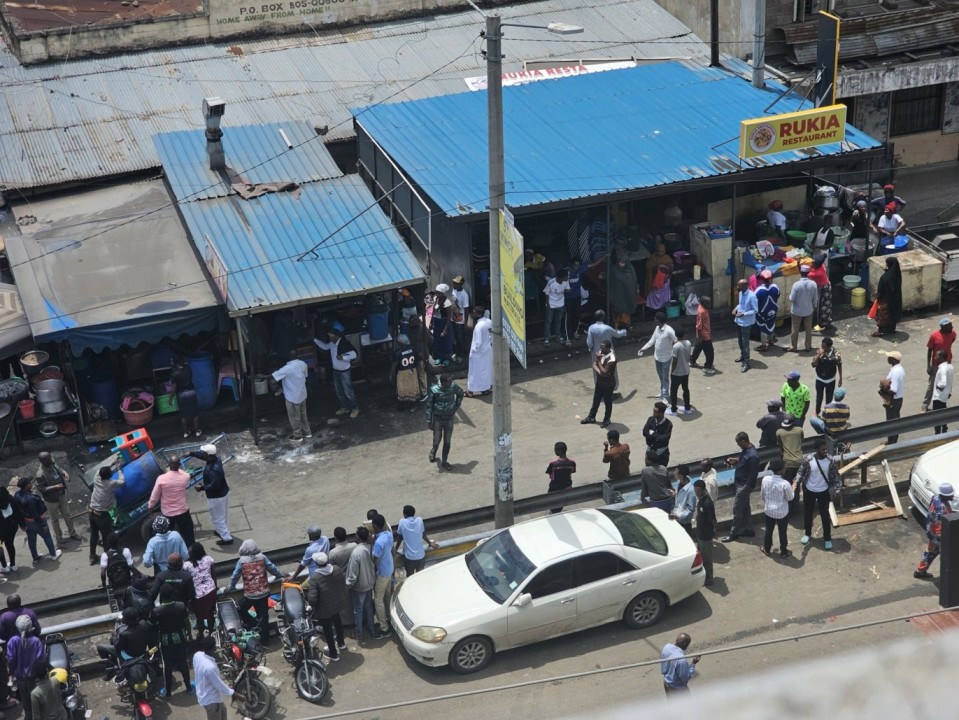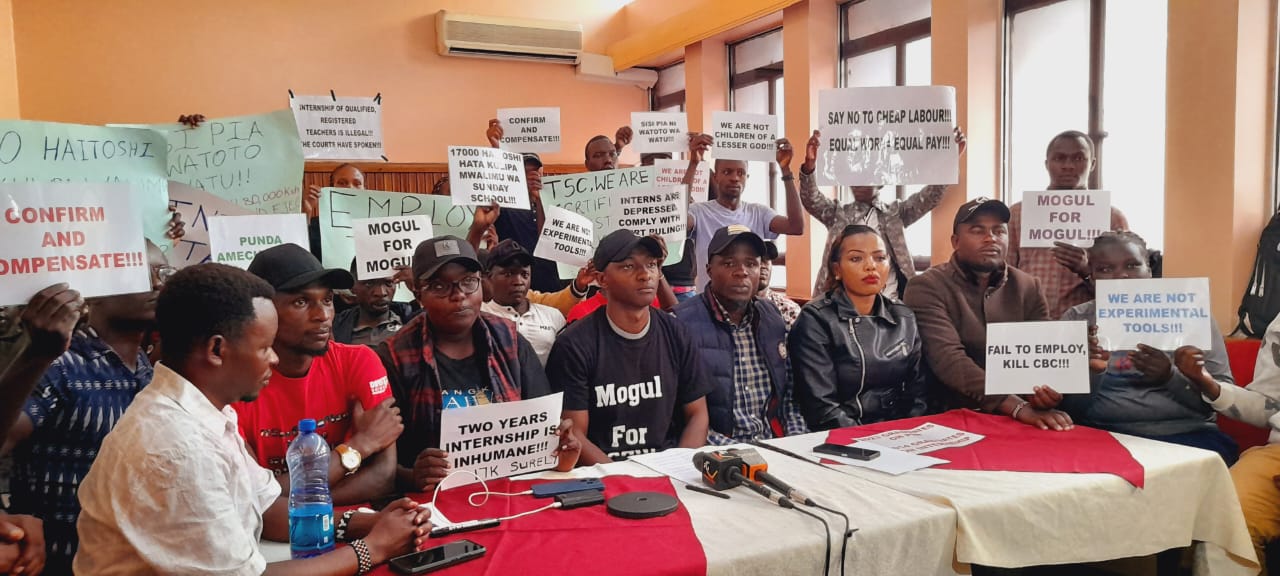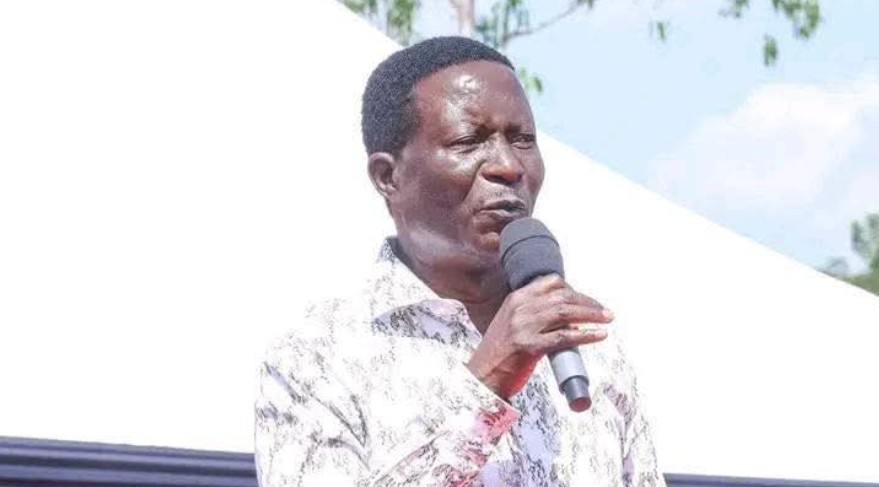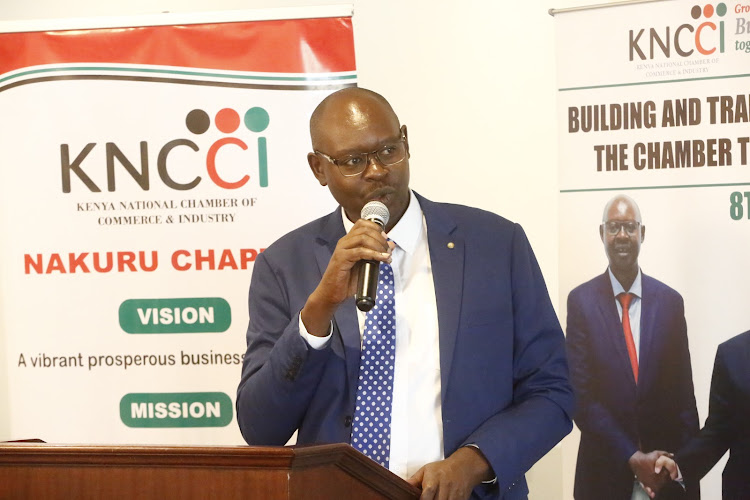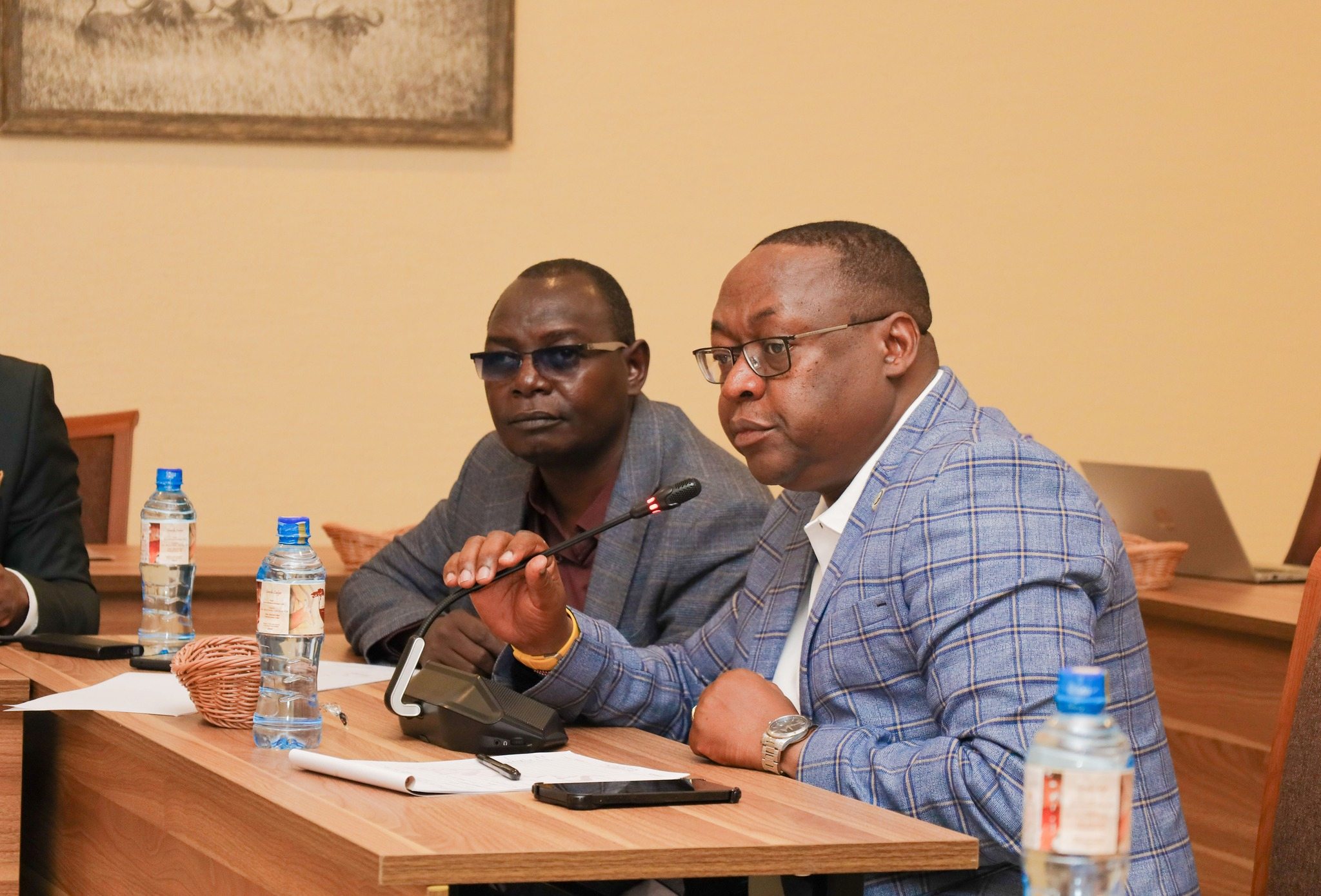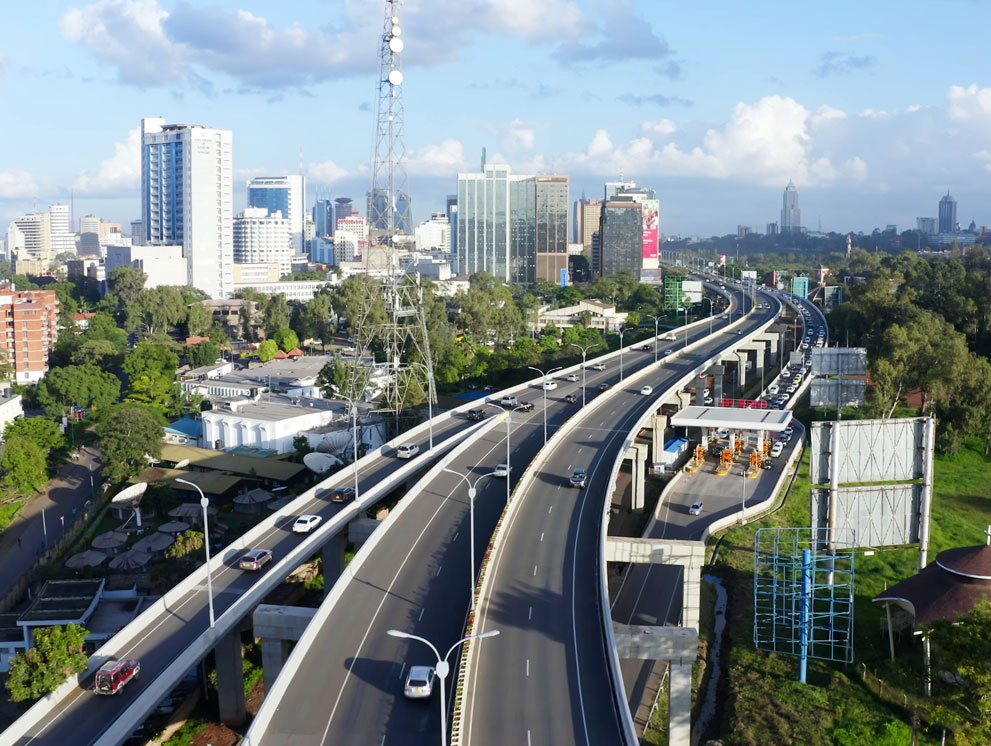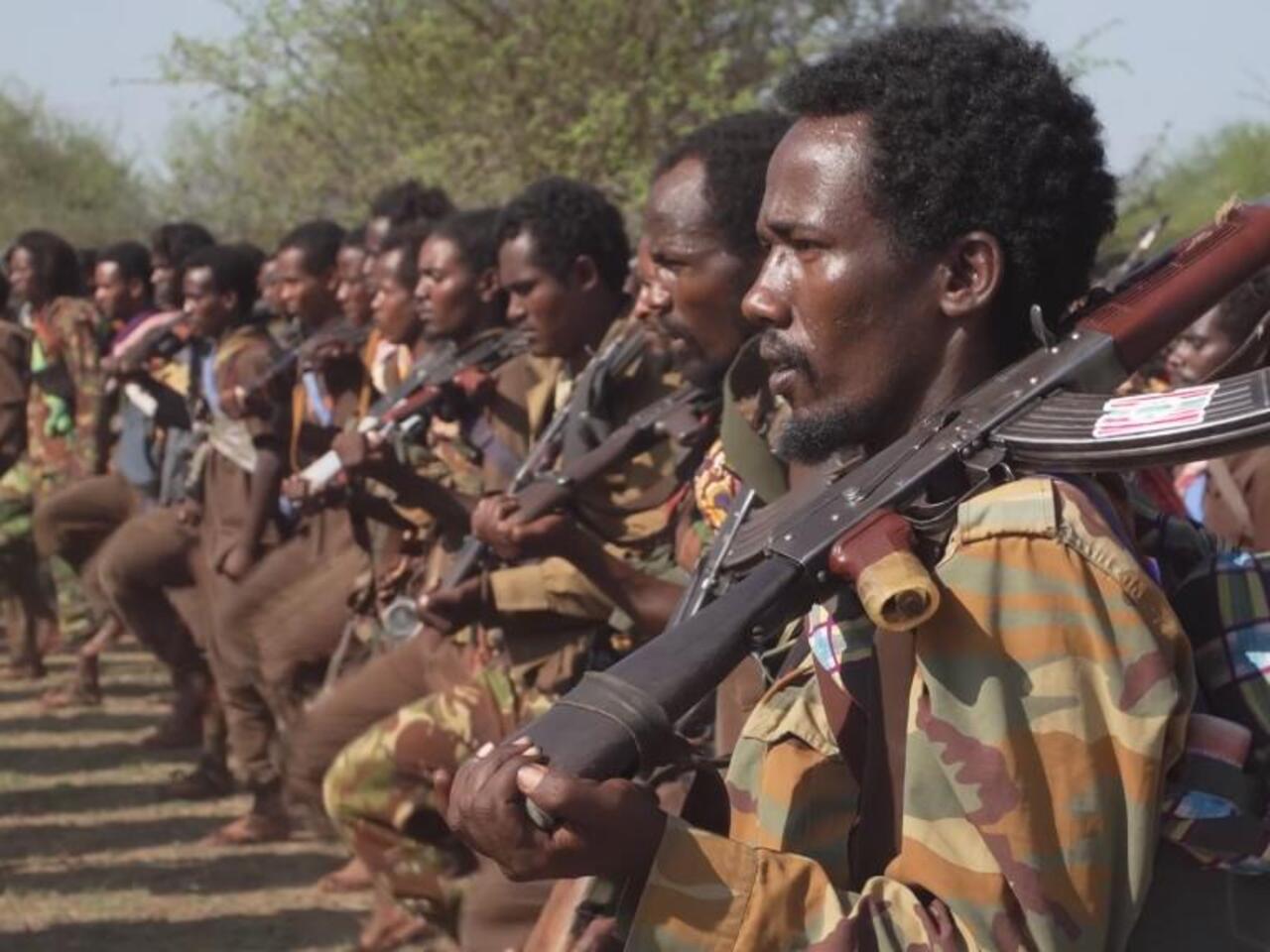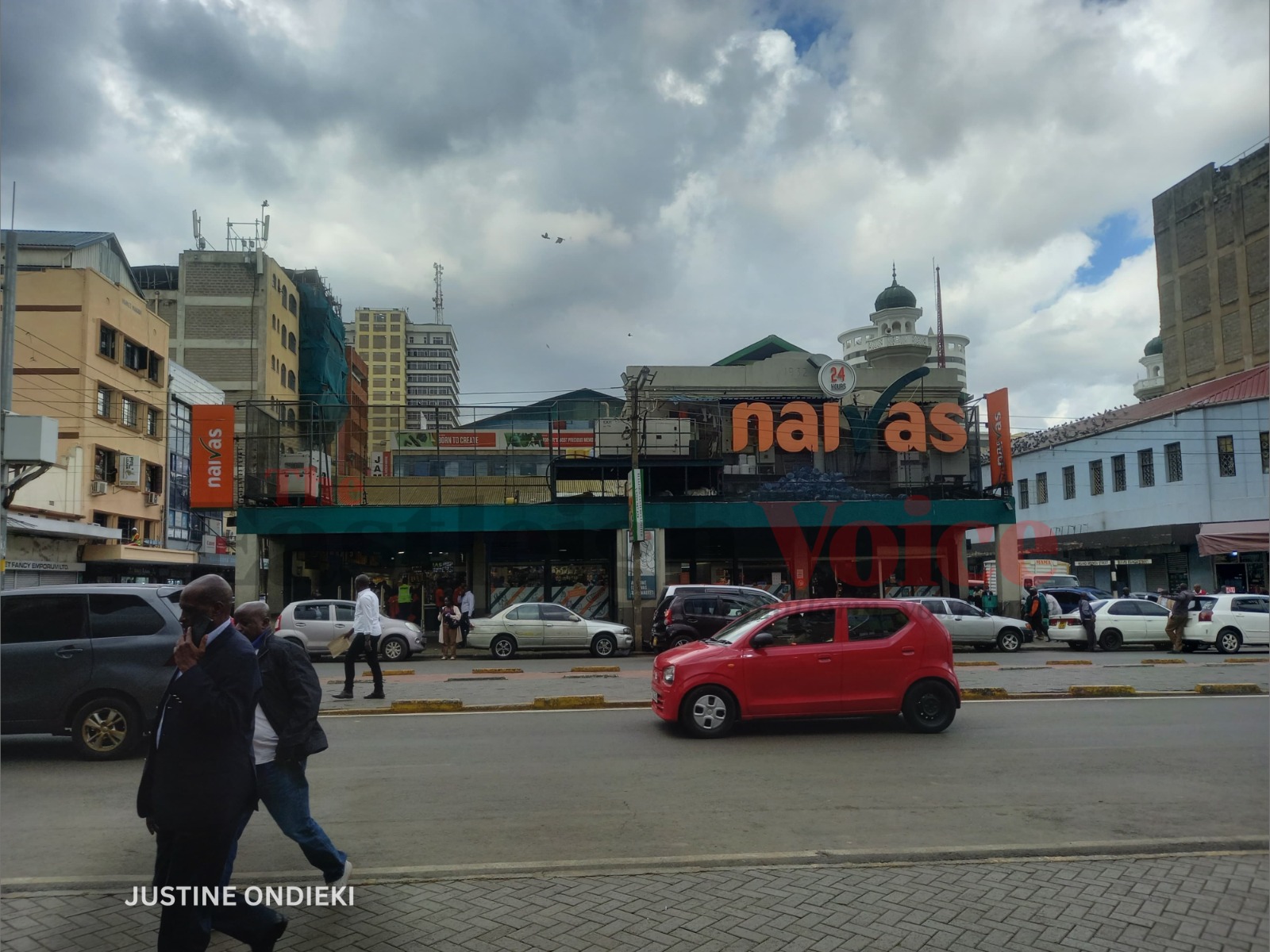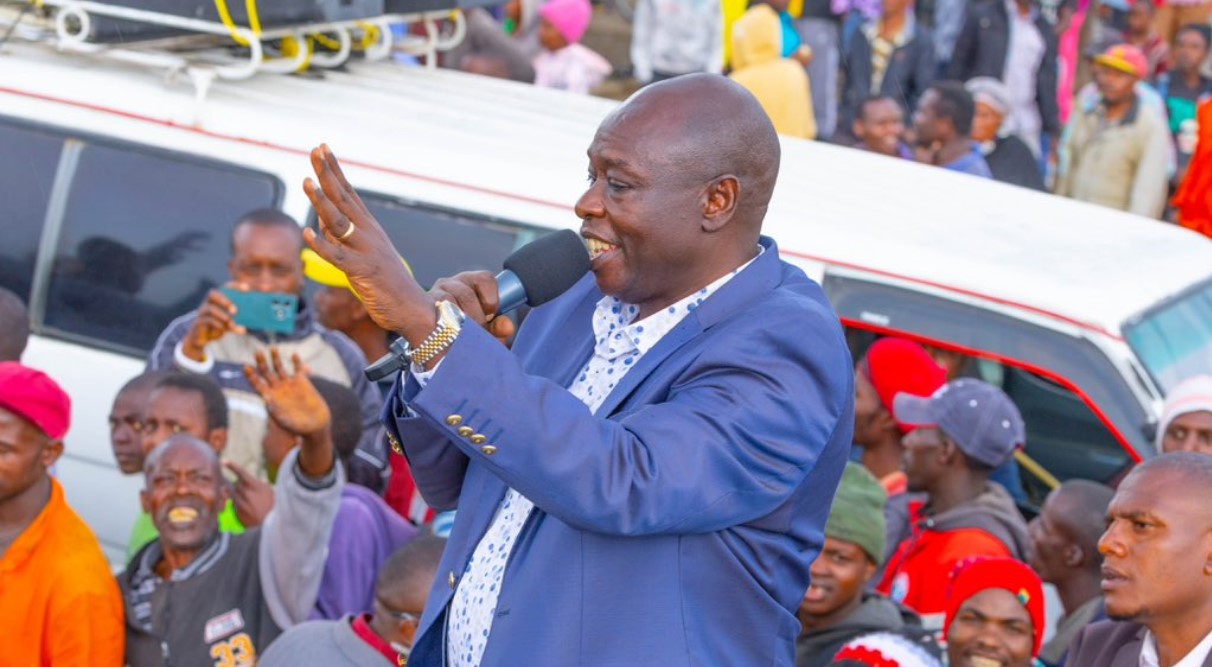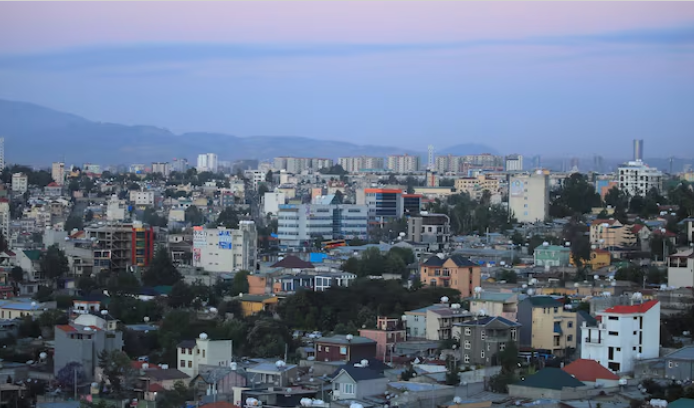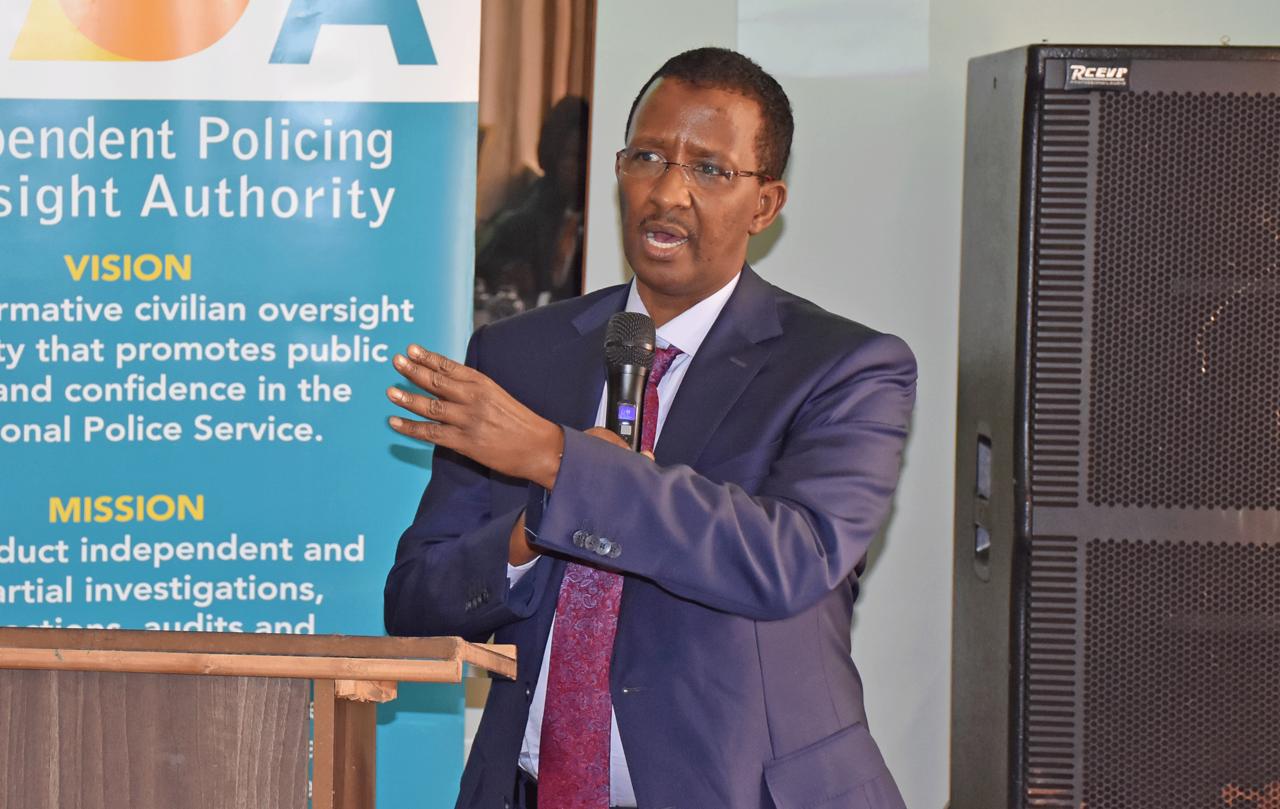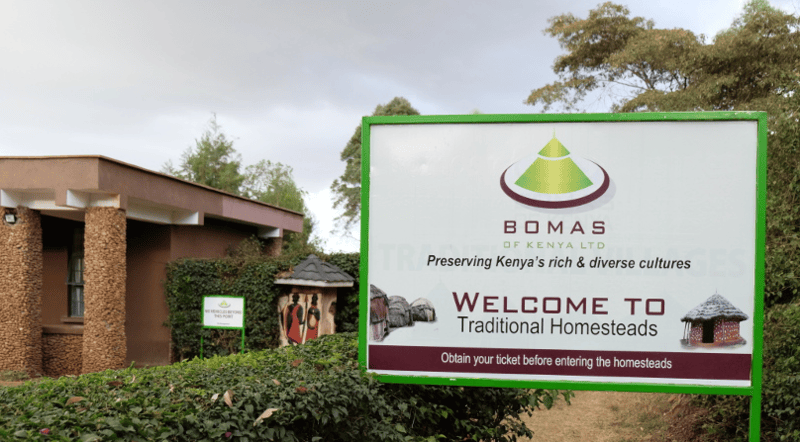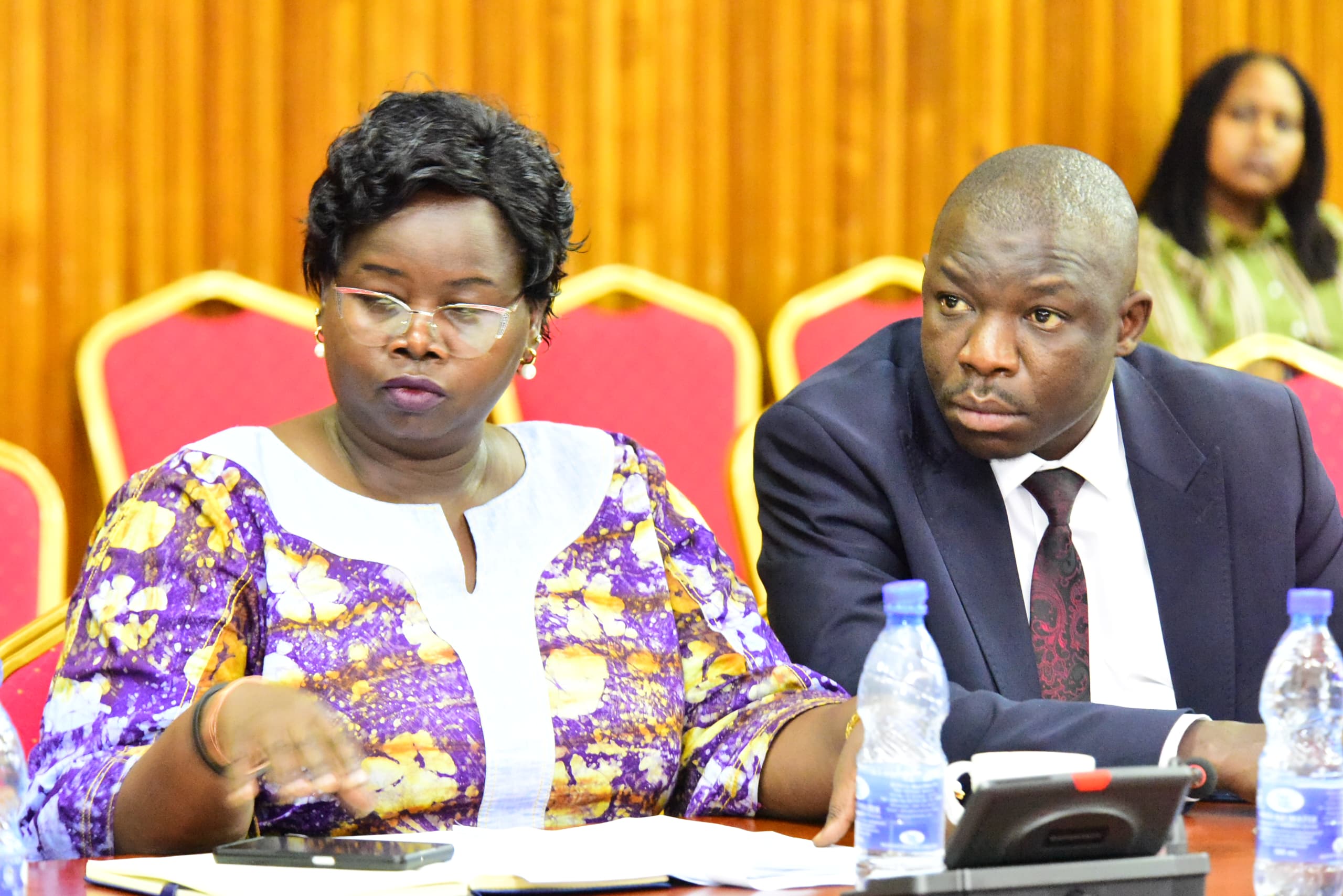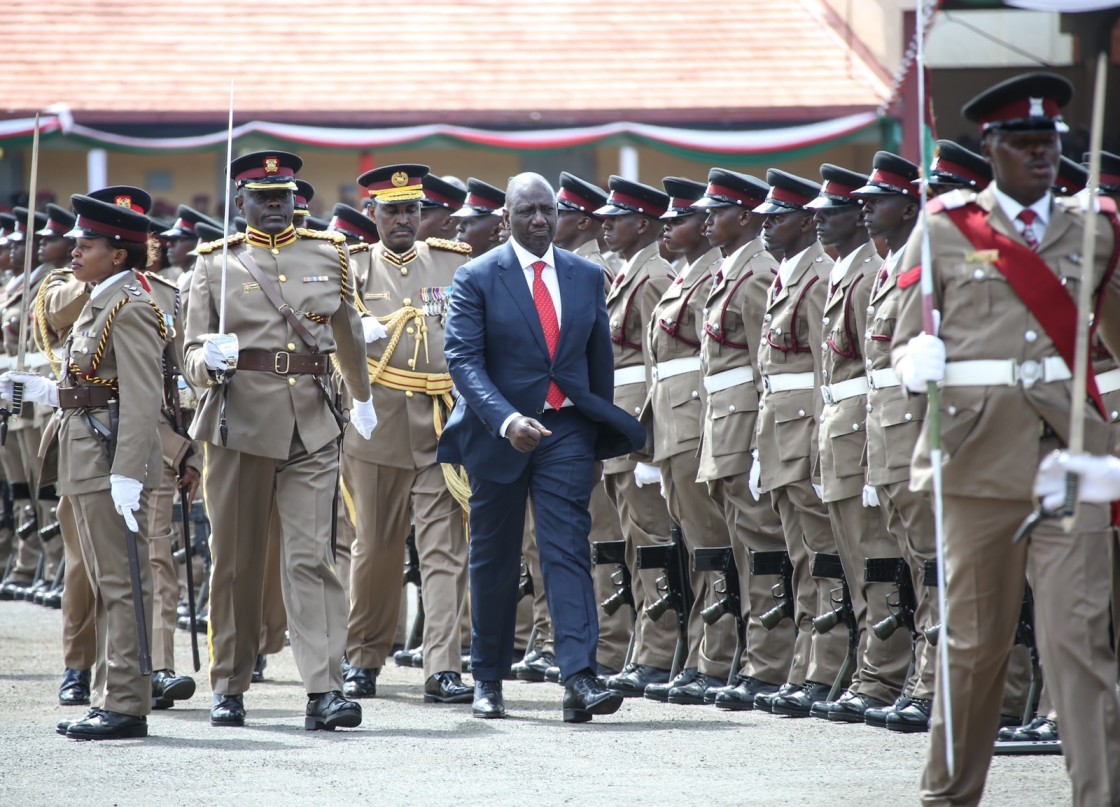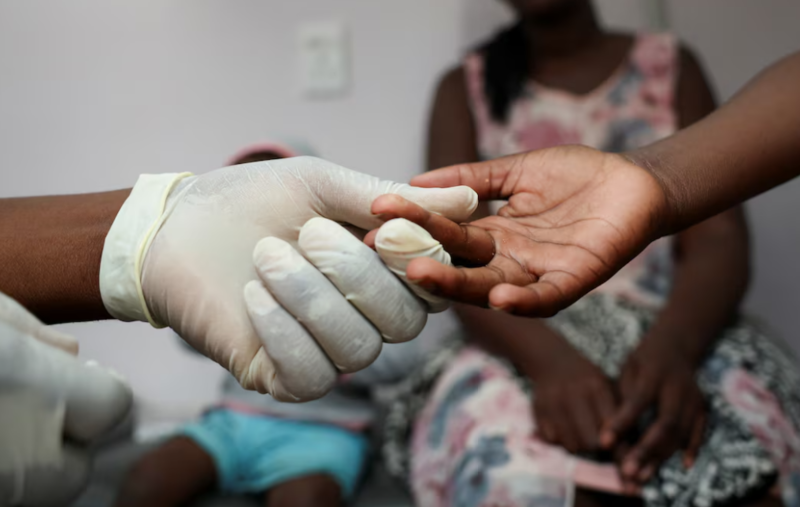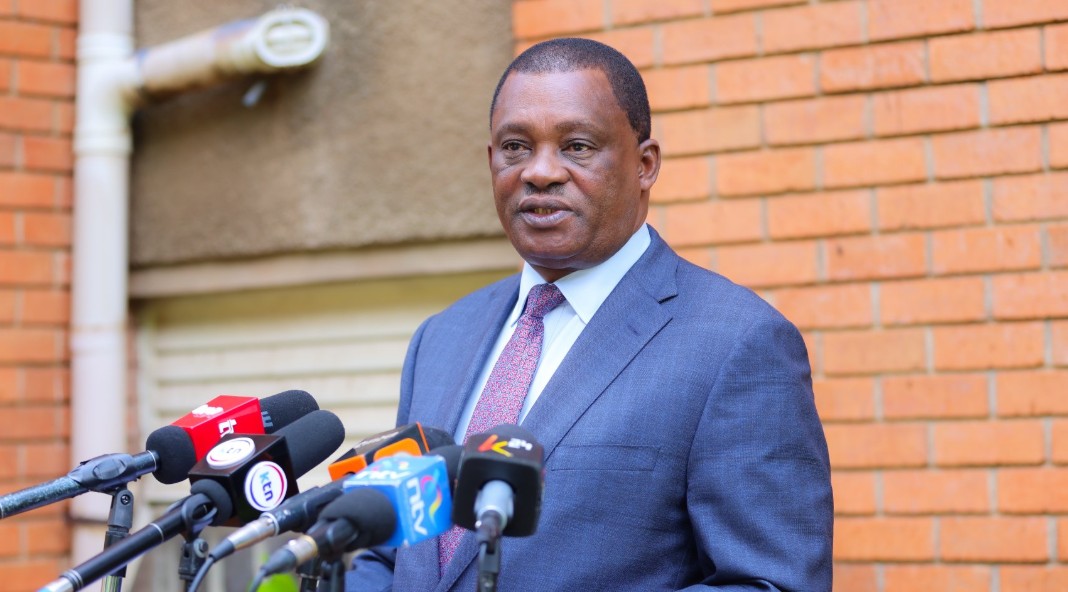Leaders roll out peace training to combat Mombasa’s juvenile gang crisis
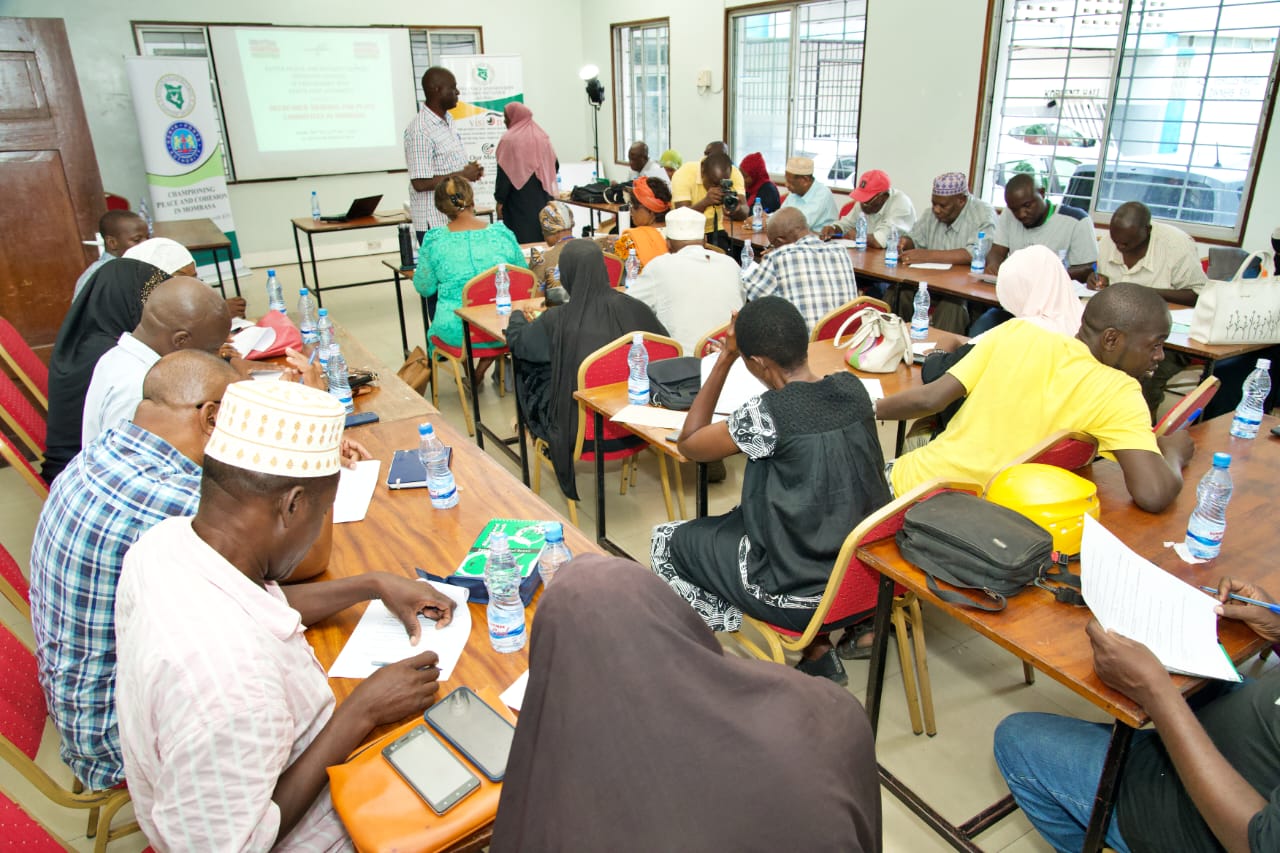
Community leaders and government officials have now joined forces to address the growing crisis, describing it as a threat to the county’s social fabric.
The rising cases of machete-wielding juvenile gangs terrorising communities during the festive season have reignited concerns over worsening insecurity in Mombasa, prompting the Kenya Peace and Security Support Initiative (KEPSSI) to roll out urgent training for Sub-County Peace Committees.
Residents across Mombasa’s six sub-counties -Mvita, Kisauni, Jomvu, Changamwe, Nyali, and Likoni- witnessed a surge in violent incidents that disrupted celebrations, with reports of children as young as ten participating in gang activities.
More To Read
- Key suspect in Kasipul MP Charles Were's murder detained for 30 days
- Body of Kasipul MP Were arrives in Homa Bay ahead of burial
- Refugee seeks court order for DCI to investigate brother’s death at Kakuma resort
- How Kenyans are sustaining criminal gangs in the country
- Kenya’s gang crisis: Report exposes 309 criminal groups gripping major counties
- Over 100 women killed in first three months of 2025 – police say
Community leaders and government officials have now joined forces to address the growing crisis, describing it as a threat to the county’s social fabric.
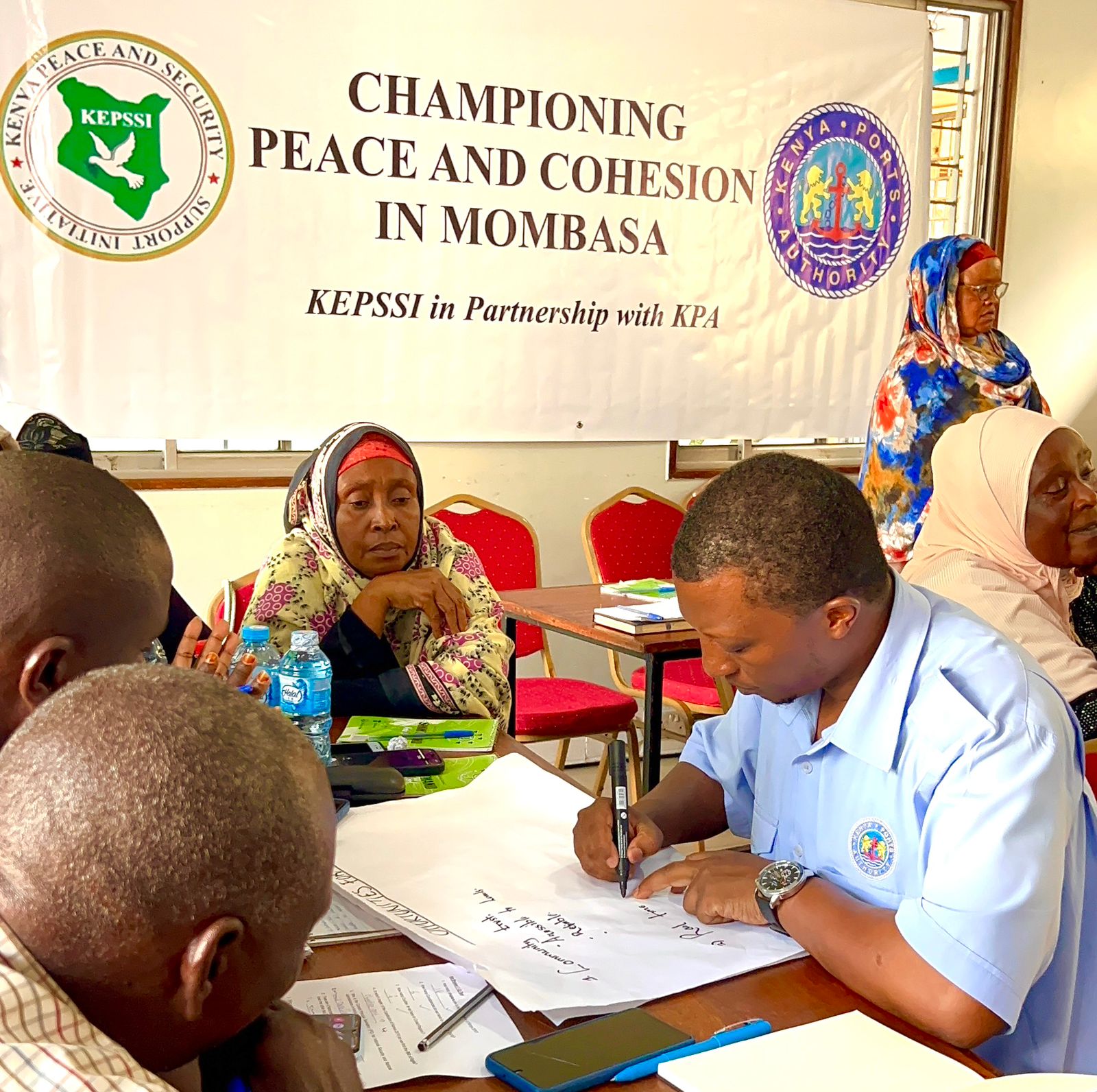 Some of the Mombasa Sub-County peace committee members during a security training where the county Commissioner and chief guest Mohammed Noor commits to a CBO-led approach under Kenya Peace and Security Support Initiative (KEPSSI) to tackle crime. (Farhiya Hussein)
Some of the Mombasa Sub-County peace committee members during a security training where the county Commissioner and chief guest Mohammed Noor commits to a CBO-led approach under Kenya Peace and Security Support Initiative (KEPSSI) to tackle crime. (Farhiya Hussein)
Mombasa County Commissioner Mahmoud Noor acknowledged the heightened insecurity, particularly during the holiday period.
“We are seeing worrying trends such as tuk-tuk operators being targeted, phone snatchings, and organised crime infiltrating the tuk-tuk and boda boda industries,” he said.
Mahmoud added that all tuk-tuk operators will now be required to join saccos to enhance accountability and weed out criminal elements.
“Through saccos, we can restore discipline in the industry while ensuring the safety of commuters and residents.”
Juvenile gangs
KEPSSI Chairperson Ibrahim Ng’ang’a expressed alarm over children engaging in violent crimes.
“We are dealing with young offenders, some as young as ten, who go to school during the day and terrorise communities at night,” he said.
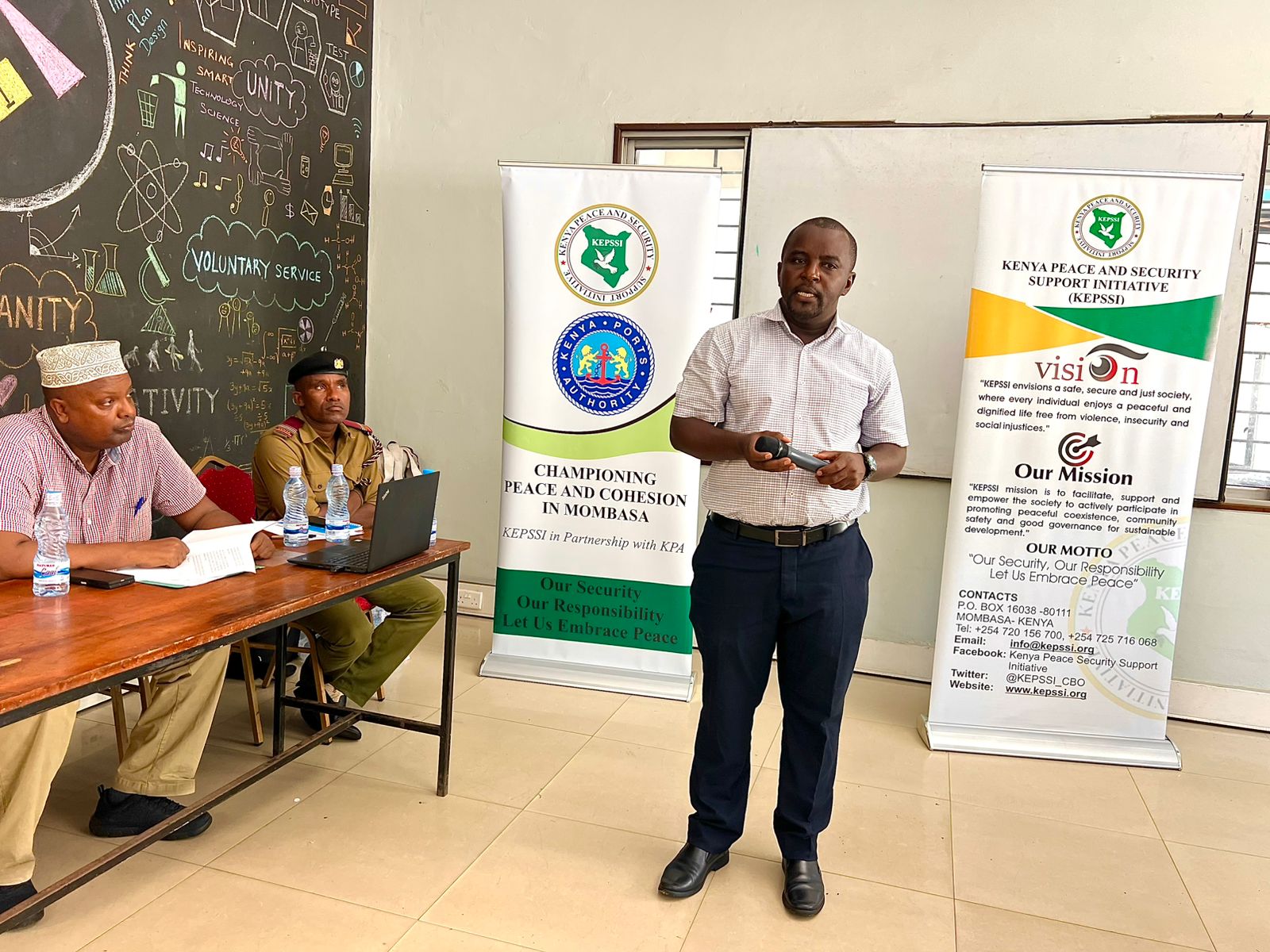 KPA head of Security Tonny Kibwana addressing the peace committee members during the peace training. (Farhiya Hussein)
KPA head of Security Tonny Kibwana addressing the peace committee members during the peace training. (Farhiya Hussein)
Ng’ang’a revealed that the training sessions aim to equip peace committees with new strategies to engage schools, parents, and communities in addressing this growing challenge.
“We are planning to work with school committees and parent associations to understand why children are being drawn into crime.”
Community leaders blamed dysfunctional family structures, poverty, and economic hardships for fuelling the violence.
Irene Randu, Chairperson of the Kisauni Peace Committee, noted that many affected children come from broken homes or are left in the care of elderly guardians.
“A hungry child is an angry child. Many parents have left their children behind to work abroad, while others lack the means to provide education and guidance,” she said.
Randu emphasised that economic struggles push teenagers into illegal activities after dropping out of school.
Randu further pointed out the challenge of unregistered boda bodas and tuktuks in exacerbating insecurity.
“We need strict measures to regulate these operators, as many rogue individuals hide within these industries,” she said.
The Kenya Ports Authority (KPA), a key partner in the initiative, has pledged to empower Mombasa’s youth through sports and corporate social programmes.
Tony Kibwana, KPA’s Security Services Manager, said the authority is using sports to steer young people away from crime.
“We have developed football and basketball teams for under-15s and under-21s to nurture talent and provide an alternative to the streets,” he explained.
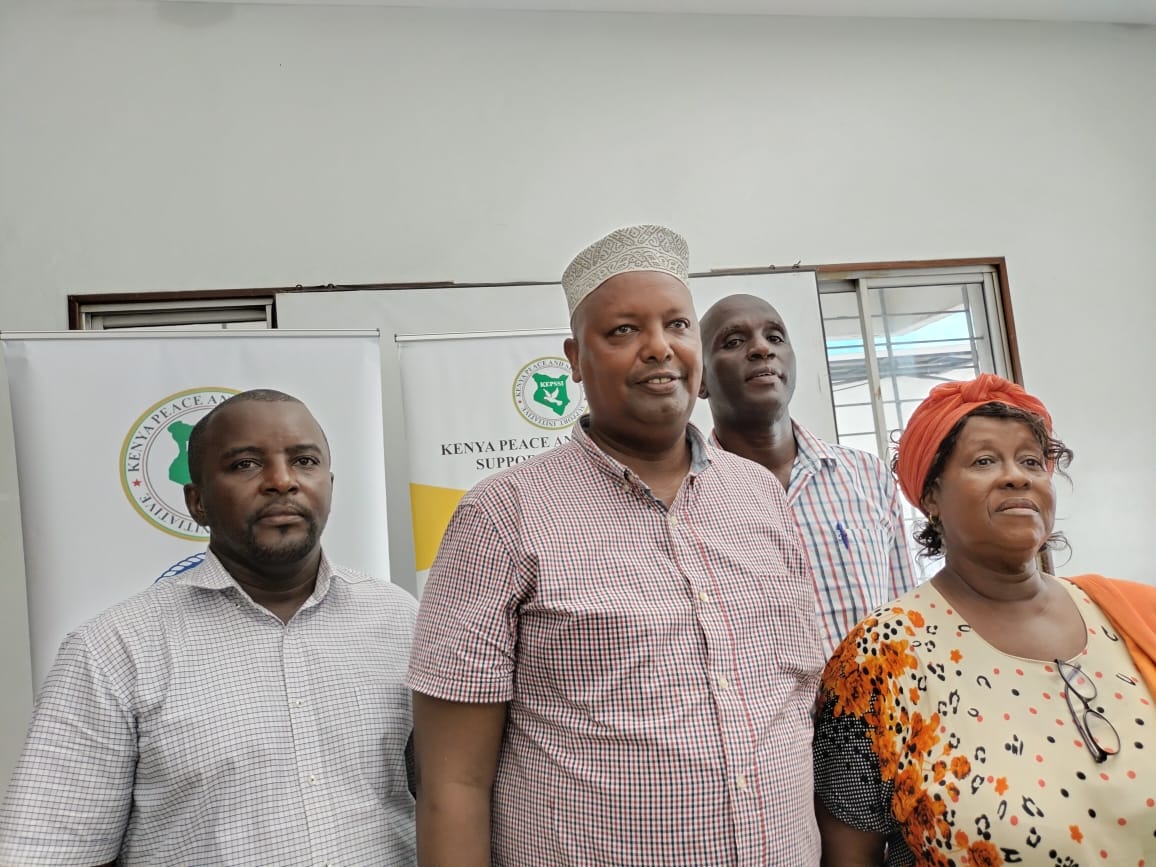 From left: KPA Security Services Manager Tony Kibwana, Mombasa County Commissioner Mahmoud Noor, KEPSSI chairperson Ibrahim Ng'ang'a and Kisauni Peace Committee chair Irene Randu during a press briefing. (Farhiya Hussein)
From left: KPA Security Services Manager Tony Kibwana, Mombasa County Commissioner Mahmoud Noor, KEPSSI chairperson Ibrahim Ng'ang'a and Kisauni Peace Committee chair Irene Randu during a press briefing. (Farhiya Hussein)
Meanwhile, weekly community meetings are being organised between peace committees, chiefs, and parents to monitor progress and identify emerging challenges.
Leaders believe collaboration at all levels is critical to addressing the root causes of insecurity and preventing further gang violence.
The resurgence of criminal gangs has left Mombasa residents anxious, with community leaders urging swift action to restore safety. “We cannot sit back while our children take up pangas instead of pens,” said Ng’ang’a. “It is time we work together to reclaim our communities.”
The Sub-County Peace Committees, backed by KEPSSI and other stakeholders, are expected to play a central role in bridging the gap between residents and security agencies.
As the festive season unfolds, authorities hope that these interventions will bring relief to communities gripped by fear.
Top Stories Today
